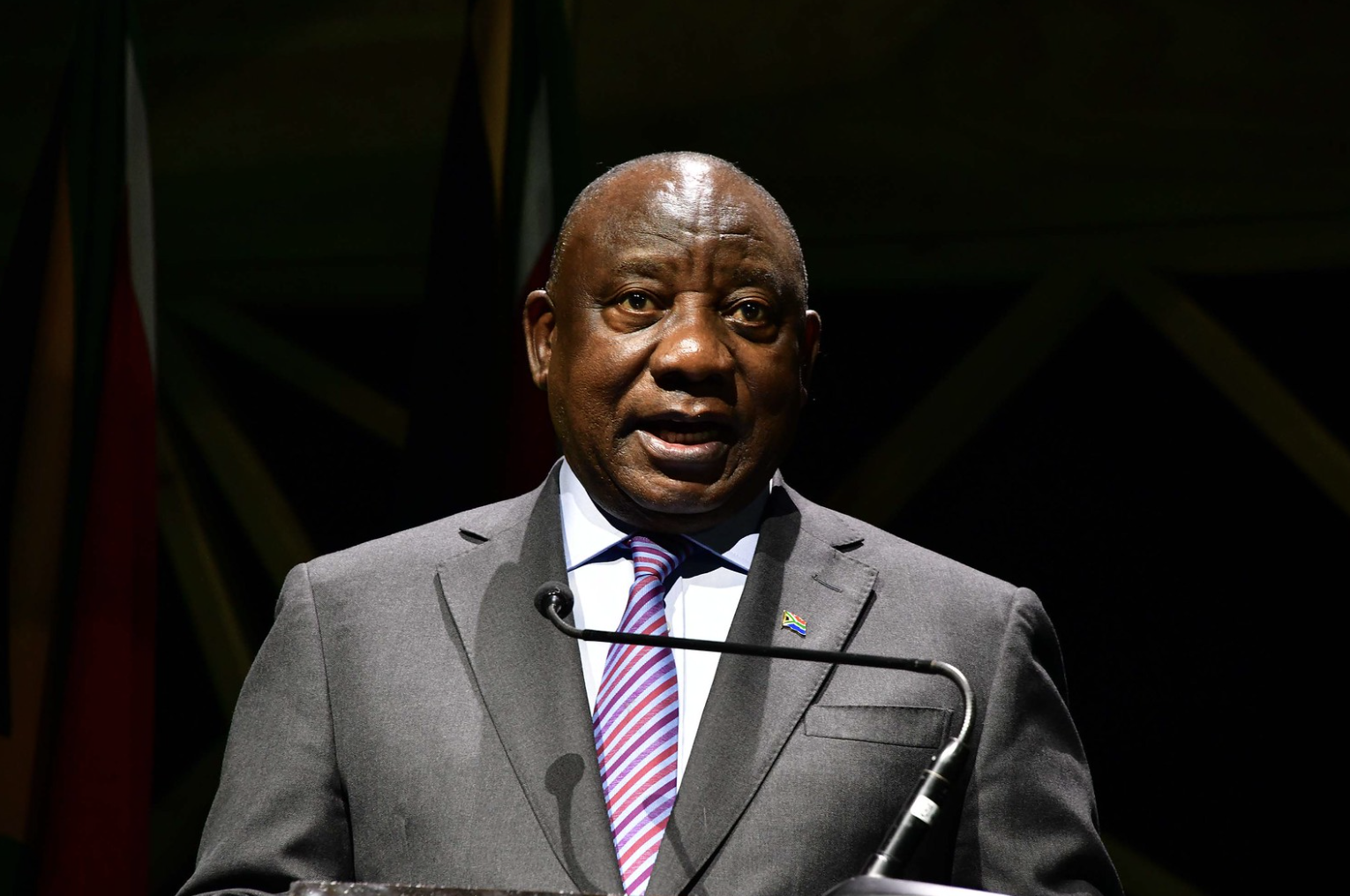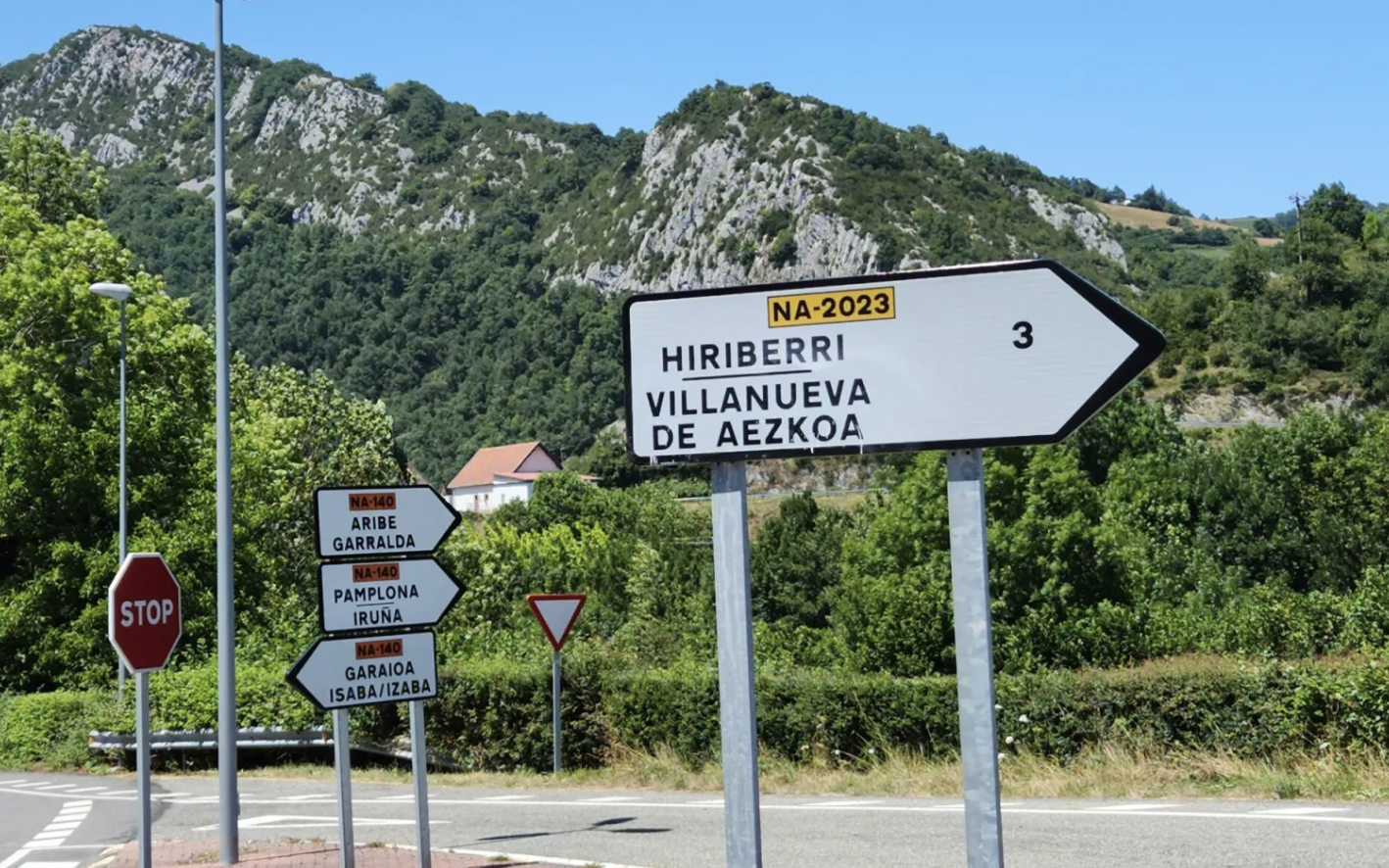News
Venezuela — it’s Time for President Ramaphosa to Put Democracy Back on SA’s Global Agenda
South Africa has a golden opportunity to reset its global image by returning to its democratic roots as the fountainhead of its diplomacy.

Former Research Director, The Brenthurst Foundation

Former Director, The Brenthurst Foundation

As the people of Venezuela become victims of a patently rigged election and President Nicolás Maduro vowed to “pulverise” the opposition and do whatever it took to defend his “revolution”, South Africa should step up and champion electoral democracy by calling on Maduro to accept defeat.
That would require a fresh mindset, one that departs from five disastrous years of pivoting towards autocrats and violent extremists, with grave consequences for South Africa’s global image, despite the government’s frequent claims of “non-alignment”.
The embrace of Russia as it waged its war on Ukraine was the starkest illustration of this authoritarian pivot as South Africa went out of its way to court Russia’s President Vladimir Putin, declining to vote against the illegal occupation of Ukraine and engaging in military exercises with Russia, among several prominent gestures.
Spearheaded by the then international relations minister, Naledi Pandor, South Africa hosted the BRICS summit where it aligned itself with Russia’s plan to expand BRICS to include Iran and other autocratic nations.
Putin was returned to power in March in a stage-managed procession which did not deserve the description “election”, a month after his most popular domestic opponent Alexei Navalny died mysteriously in prison. Navalny was serving 19 years on charges of “extremism” and 2½ years for violating parole conditions for being treated in Germany for Novichok nerve agent poisoning by the Russian state.
It’s hard to make up such a miscarriage of justice and the state’s abuse of human rights.
“Alexei was a prisoner of conscience jailed only for speaking out against a repressive government,” said Amnesty International, which had earlier designated the Russian anti-corruption activist as a “prisoner of conscience”.
Yet Ramaphosa was quick to issue a fawning message of congratulation to Putin on his election. “President Ramaphosa further recalled,” said the statement, “the commitment of South Africa and the Russian Federation to mutual cooperation at the multilateral level, including the two countries’ common membership of the United Nations, the G20, BRICS and other multilateral bodies.”
Embracing vicious autocrats
Instead of embracing democracy, we were embracing the world’s most vicious autocrats. When Hamas launched its assault on Israel, South Africa abandoned decades of effort under Nelson Mandela and Thabo Mbeki to position the country as one of the few that could bring the Israelis and Palestinians together, most famously under the latter’s “Spier Initiative”.
Instead, we were on speed-dial with Hamas and Iran, as Pandor rushed to Tehran to bow before then President Ebrahim Raisi before taking a call with the then Hamas leader, Ismail Haniyeh, while seeking to expel the Israeli ambassador from SA.
This pivot away from democracy was costly and as the consequences of his rogue alignment began to dawn on Ramaphosa, there was a flurry of activity to reassure the US that South Africa still, actually, wanted to be friends.
Fast-forward to Ramaphosa’s second term, now as leader of a “Government of National Unity”. Pandor has retired. Raisi (helicopter and mist) and Haniyeh (missile) are no longer with us. Iran has a new (slightly) more reformist leader in Masoud Pezeshkian.
The stage is set for a reset of South African foreign policy under the new minister, Ronald Lamola, said to be one of the more level-headed of the ANC’s leaders.
It is promising that South Africa — in contrast to its fealty to Putin’s stolen election — has not congratulated Maduro on his victory, something Pandor might have done without hesitation.
But that is not enough.
Maduro’s theft of the election in Venezuela is so brazen and unscrupulous that it makes Zimbabwe look good. It has been established through the publication of 80% of the tally sheets from polling stations that the opposition leader, Edmundo González Urrutia, won the election by a large margin running into millions of votes.
In the words of the exiled Venezuelan opposition leader Leopoldo López, “The election results are clear, impossible to hide, Edmundo González won by a landslide. While Maduro is trying to impose his fraudulent results by force, repression and fear, every single democratic government, regardless if it’s from the right or left, should recognise the people’s will and Edmundo González as president-elect and work to ensure a peaceful transition.”
This is supported by independent observers, by exit polls and by the fact that no credible democracy has concluded that Maduro won the election.
There is no better opportunity for South Africa to take a stand that aligns with its core values and experience of seven consecutive democratic elections.

Condemn this theft
We must use our access to BRICS and other global forums to condemn this theft of power by undemocratic means and work with democrats the world over to bring the rightful winners of the Venezuelan election to power. Without that, BRICS is exposed as merely an authoritarian Praetorian.
Venezuela also reminds us of the economic cost of authoritarianism. Absent the rule of law and guarantees for investors, oil production has declined from 3.5 million barrels per day in 1999 to 800,000 today. With the political and economic meltdown, there has been one of the largest-ever global refugee outflows, with nearly eight million of Venezuela’s 28 million people escaping the Bolivarian revolutionary paradise.
This is part of a pattern. Maduro’s regime receives considerable weapons inflows from Russia and security assistance from Cuba, a connection perhaps explaining Pretoria’s reluctance to condemn Caracas.
Since the mid-2000s, after Hugo Chávez’s red beret revolutionaries consolidated their power, Venezuela purchased $20-billion of military equipment from Moscow. Syria, too, another close Russian ally and military dependant, has nearly the same number of external refugees, which is matched by the number of internally displaced people.
The year 2024 has seen a global test of democracy, with elections held in or planned for at least 50 countries, affecting the fortunes of more than four billion voters. Far from proving democracy’s critics right about its decline, these elections have demonstrated the reinvigorating power of the popular vote, from the UK to Senegal, South Korea, France, Taiwan and South Africa.
The outliers have been Russia and Venezuela, where democracy has been seriously undermined by authoritarians who cling to power whatever the cost in blood and repression.
It is time that South Africa embraced democracy as the cornerstone of its Constitution and foreign policy. We need to lend support to democracy, criticise those who abuse it and become a global force for openness, accountability and transparency.
Staying silent over Venezuela does not send the correct message. We should be among the loudest voices calling for the honouring of the will of the people, a fundamental right on which the liberation struggle was founded.
This article originally appeared in the Daily Maverick

